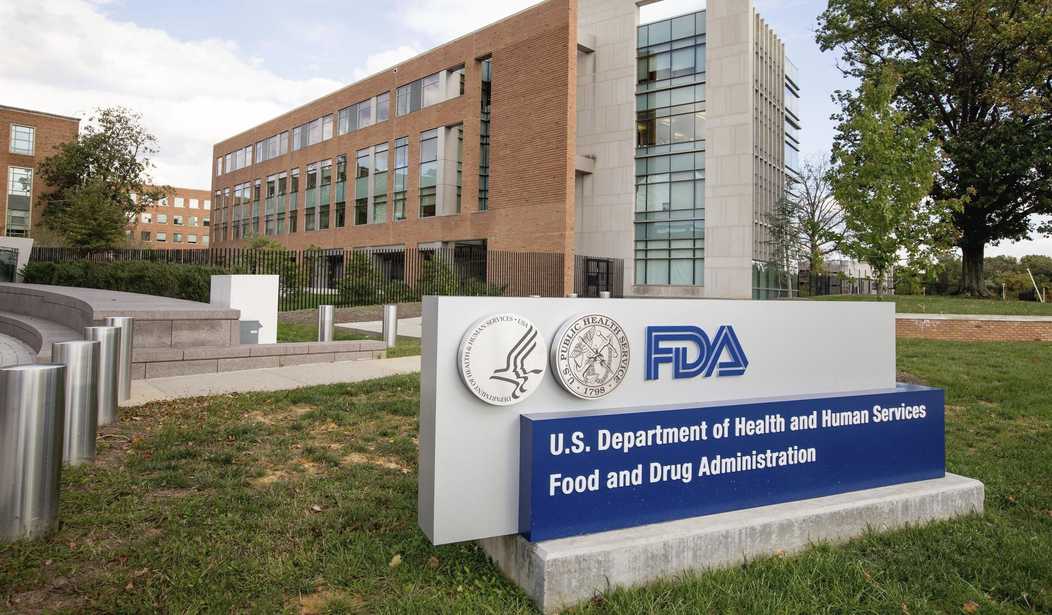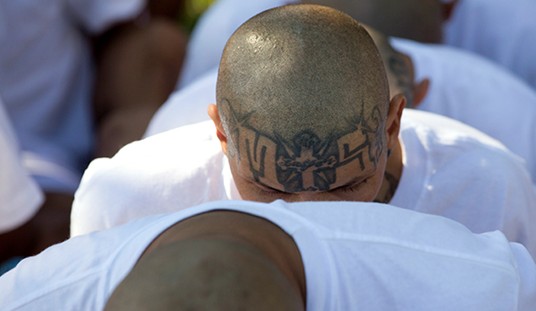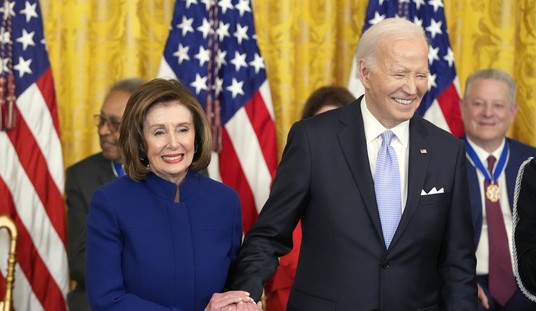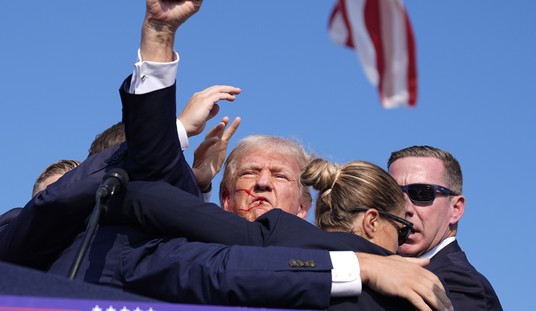A Food and Drug Administration panel of independent advisors meets in June to discuss recommending that the agency approve MDMA-assisted therapy for people suffering from post-traumatic stress disorder (PTSD), mostly veterans. MDMA is the illegal psychedelic drug commonly known as ecstasy or molly.
Lykos Therapeutics announced Monday that it "will be the first MDMA-assisted therapy and psychedelic-assisted therapy to be reviewed by the Psychopharmacologic Drugs Advisory Committee, a significant milestone in the field of psychedelic medicine, resulting from decades of clinical research and advocacy."
And it's about time.
PTSD cases have surged in the early 2000s along with major combat operations in Afghanistan and Iraq. And yet "this will be the first FDA advisory committee meeting to review a potential new PTSD treatment in 25 years," according to Lykos.
Readers here know I'm no drug advocate — unless it says "Single Malt" or "Chopin" on the label. Legal weed isn't harmless and will not close the budget deficit, LSD won't bring world peace, and the spell cast by magic mushrooms can lead to psychosis.
However...
There have been multiple studies showing that the way MDMA works can have genuine, clinical (let me stress that word some more) benefits for those enduring PTSD. The drug creates a mood of talkative euphoria that allows people like combat vets to openly discuss their experiences with licensed clinicians without re-experiencing the horrors (ie, flashbacks) of war.
In the most recent study I could find, conducted in 2023, 104 participants, all suffering "from moderate or severe PTSD" were given MDMA along with their psychotherapy sessions, and were "about twice as likely to recover from their trauma as those who took a placebo."
"By the end of the 18-week trial period, 71.2% of the people in the MDMA-assisted therapy group no longer met the diagnostic criteria for PTSD, versus 47.6% of those in the therapy-plus-placebo group. MDMA produced no serious, adverse side effects."
Those results and others like them are worth further study, but approval has been too limited and taken too long, due to the FDA regulations.
Is ecstasy a cure-all for PTSD? No, probably nothing is. But what we know so far indicates that it can and does have genuine benefits. But we need to know more — much more — before permitting widespread clinical use.
FDA approval would be a step in that direction — and a good one.
Exclusively for our VIPs: It's Long Past Time to Give the Commies the Nazi Treatment
P.S. Thank you so much for being one of our VIP supporters. In addition to helping us get out from underneath Washington-Big Tech censorship, you also let us cover smaller — but still important — stories you might have missed.










